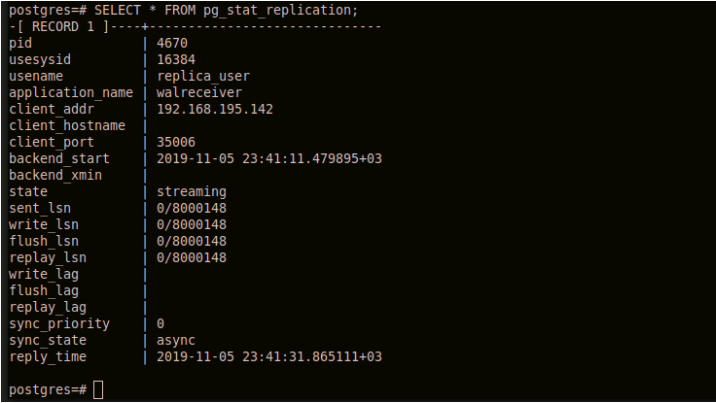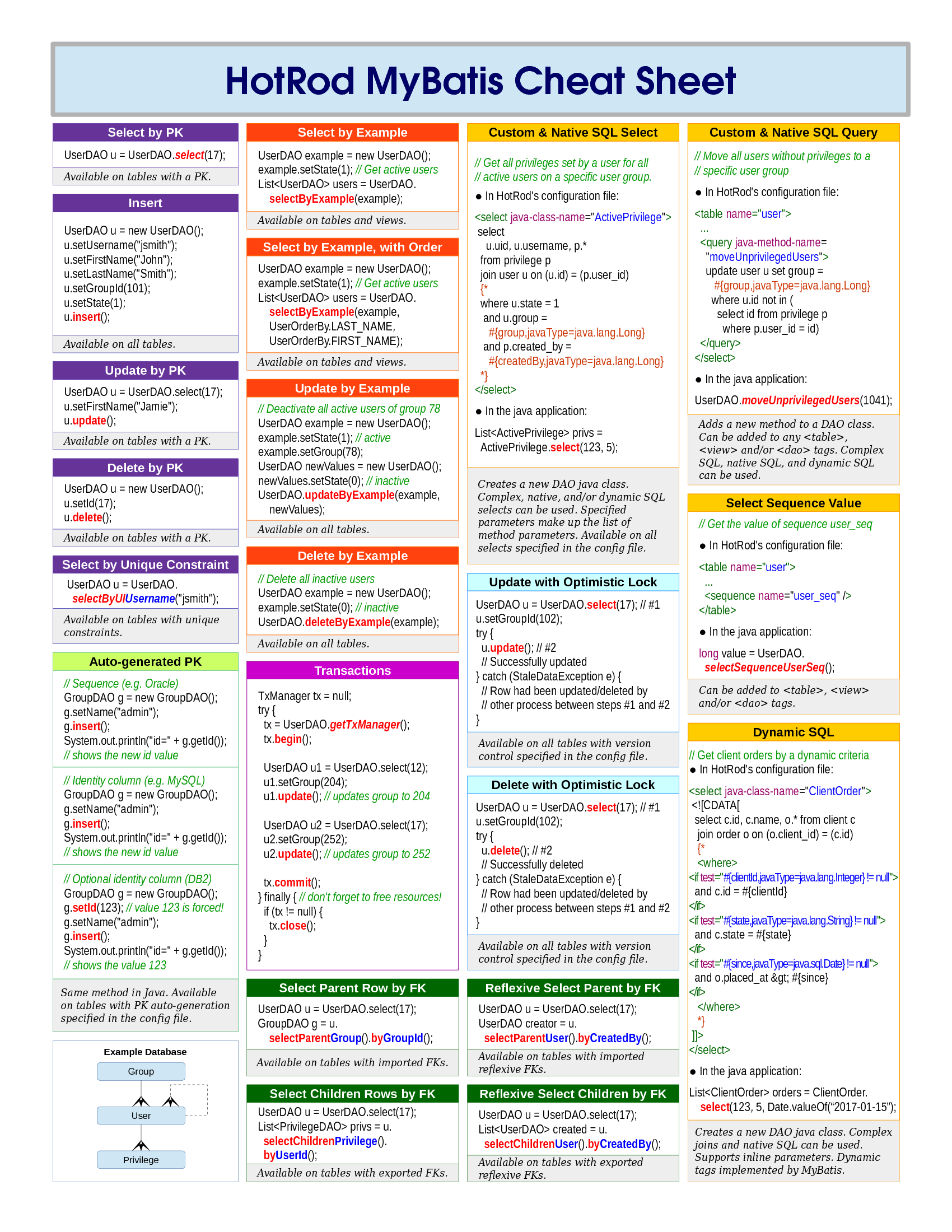

From the command line: $ mkdir fuzz-demo & cd fuzz-demoįor this demo, I used a table with details about artists in the Museum of Modern Art. Then, create a new database in its own directory (you can call it anything you like, here, I called it 'fuzz-demo'). Setting upįirst, make sure you have Postgres installed on your machine. Today, we'll explore some options available in Postgresql (or 'Postgres') - a widely used open source SQL dialect with some seriously useful add-on features.

There are solutions available in many different programming languages. Instead, they allow some degree of mismatch (or 'fuzziness'). The 'fuzzy' refers to the fact that the solution does not look for a perfect, position-by-position match when comparing two strings. The generic name for these solutions is 'fuzzy string matching'. All these different variations for just one string - matching them against each other programmatically might not seem obvious. Amongst other variants, my name can be represented by:Īnd that's not to mention alternative spellings of my surname, such as "Gleason". I go by Peter in some places, Pete in others. Your application needs to be capable of handling these inevitable edge-cases.
POSTGRESQL REGEX SOFTWARE
Whatever the cause, from a practical point of view, different variants of similar strings can pose challenges for software developers. It's a fact - people make typos or simply use alternate spellings on a frequent basis.


 0 kommentar(er)
0 kommentar(er)
